Help for gamblers families
The effects of problem gambling extend beyond the individual. Both friends and relatives are impacted. The worry and concern you have about someone you care about gambling might become overwhelming if they have a problem. It can be unbearably painful to have to live with someone else's gambling consequences. The best thing you can do is seek help for yourself whether or whether your loved one decides to do so.
Gam-Anon is one of the best sources you have at your disposal. Gam-Anon is a 12-step, self-help group for anyone who have been impacted by a friend or loved one's gambling issues. Few people can relate to what you're going through like they can.
Gam-Anon members are all too aware with the anxiety, restless nights, and broken promises that problem gamblers' loved ones experience.
The stages and resources of the Gam-Anon program are intended to support your growth and recovery if you are dealing with the effects of a loved one's gambling. It is neither a place of worship nor a counselling service. It's just a bunch of sympathetic individuals that can relate to your situation.
Gam-Anon members can obtain answers to questions like these through its in-person meetings and written materials by:
-
What is my responsibility as a loved one of a problem gambler?
-
How can I aid a loved one who is still gambling the most?
-
How can I deal with this issue?
-
How am I supposed to handle my rage, fear, and resentment?
-
When will I be able to trust the gambler once more?
Gam-message Anon's is straightforward: "Let us Help." Inclusion is optional. No paperwork needs to be filled out, insurance cards are not required, and no appointments are necessary. Simply turn up to begin the healing process.
Simple steps to protect your finances
People with gambling problems typically struggle to manage their finances when gaming chances arise. Take precautions to keep your finances and those of those around you safe. Some general recommendations are:
-
Seek expert guidance on how to safeguard the resources and income of your family.
-
Don't give the gambler any cash.
-
Refuse to settle the gambler's debts.
-
Consider whether you can handle the gambler's funds. If not, you might have to keep separate credit cards and bank accounts.
-
Delete your name from any joint accounts if you don't want to take on the debt of the gambler. If you have shared credit or loans with the gambler, a gambling counsellor can assist you avoid developing a poor credit history.
-
Control your spending by setting up direct debits for bills, mortgages, and other regular debits, and restricting access to cash.
-
Budget and allocate spending money for each member of the household, including the problem gambler.
-
Keep track of all of your financial transactions, including purchases, sales, contributions, and presents.
-
Important documents including a house title, marriage and birth certificates, and tax file numbers should be photocopied (and kept in a secure location).
-
Never sign anything that you don't fully understand or that you can't afford.
-
Never reveal your "pin" number, lend your EFTPOS or credit cards, or leave that information lying about.
Believe in those you can rely on
It's common for friends or family members to feel lonely and alone. It could be beneficial to ask for assistance from others. Consult with dependable persons who won't pass judgment on you or the gambler. Think about being open and honest with other impacted family members so you can provide one another assistance.
Interact with others
Interacting with others Socializing can help you unwind. If you don't want to, you are under no obligation to discuss your worries. Taking some time for yourself can keep you from being engrossed in someone else's gambling. Keep up your relationships with friends, carry on with your interests and hobbies, and engage in fun activities.
Choosing what to do with your relationship
It could be necessary to maintain an emotional and physical separation from the gambler. In the short or long term, your relationship with them may end or drastically alter. You might require expert assistance if taking action jeopardizes your safety or the safety of others.
If there is a breakdown in communication between you and the gambler, relationship counselling and mediation may be a safer option for talking about issues and finding solutions.
FAQ
You can check the official website www.gam-anon.org. and it is completely anonymous.
Yes, you can call under (718) 352-1671 and the professionals will help you further.


DeborahTheMarvellous I'm really impressed with WinSpirit's new VIP program! The tournaments sound exciting, and it's great to see a casino actually listening to what their players want. Can't wait to see what they have planned next.
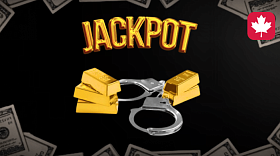

Parkerroberts This is a perfect example of why self-exclusion programs exist. They’re there to help people stay away from gambling. Trying to bypass them not only defeats the purpose but can lead to serious trouble like this.
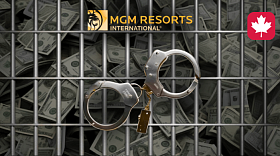

Donaldbetty It's concerning to see such young individuals involved in large-scale cyber attacks. This shows the importance of investing in cybersecurity education and preventive measures from a young age. Hopefully, the authorities can get to the bottom of this and prevent future incidents.


DonaldTheXtraordinary Wow, Jonathan Tamayo's win is incredible! But I totally agree with the conclusion. Poker requires so much skill and dedication. I’ve seen too many friends lose big trying to chase these rare wins. Slots are definitely more my speed – simple and fun!
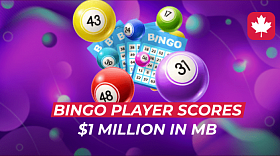

HelenTheLoyal Wow, what an incredible win for Monica Bouma! It's true that the odds of hitting such a jackpot are insanely low, but it’s stories like these that keep people coming back. Congrats to her, though I'll stick to my smaller bingo games for fun.
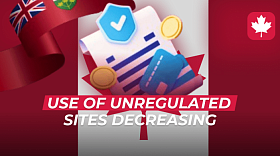

HelenTheAmbitious It's great to see that Ontario is cracking down on unregulated gaming sites, but lowering the RTP to 85% feels like a sneaky way to take more from players. Regulation should mean better protection, not just more ways for the house to win.
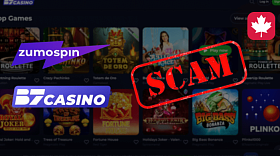

CrazyDaniel Well, what can I say, guys, here's your trust for you. Instead of 96%, now it's 94% RTP.


ParkerSusan7 It's really disappointing to see someone with Drake's influence promoting gambling like this. Young fans might follow his lead without realizing the risks involved.


WilliamTheTenacious These new slots of yours are just another way to squeeze the last penny out of players' pockets. So where is the innovation here? Just beautifully drawn pictures and promises of big wins.


SandraTheXtraordinary Excited to see Wazdan's games coming to Fitzdares, but the reduced RTP is a bit concerning. Hope the gameplay still stays fun and rewarding!


CharlesTheLuminous Excited to see ODDSworks expanding in Ontario! Their games are top-notch, but I hope the lower RTP doesn't make it too hard to win.


RuthTheXtraordinary I can't believe how generous Nolimit City is with this tournament! 500 free spins and an iPhone 15 Plus for the winner? Count me in!







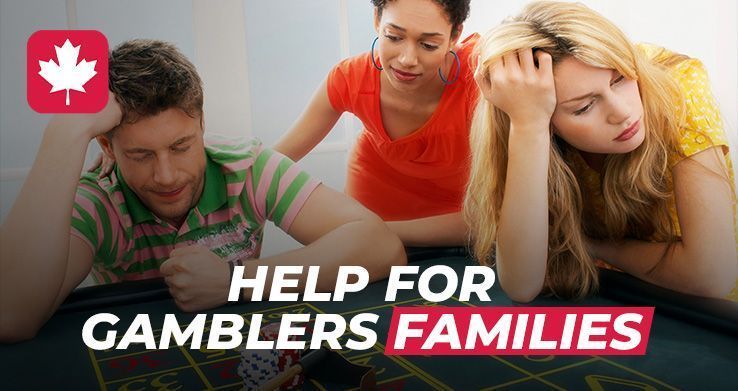
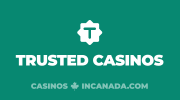










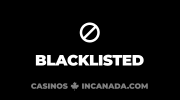







This is good to know and I recommend everyone to check yourself since we are all gamblers.